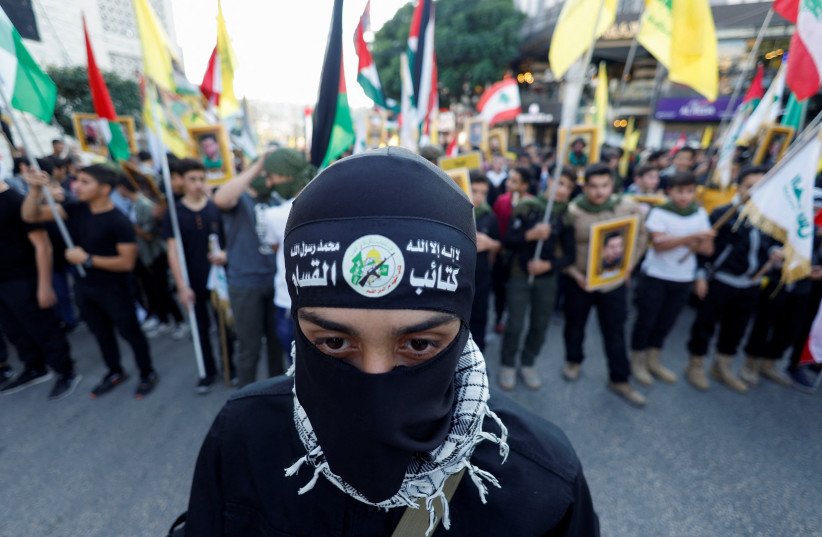Professor Uzi Rabi, head of the Moshe Dayan Center at Tel Aviv University, spoke Wednesday on 103FM about the severe blow Hezbollah suffered in the beeper attack and the future of the northern front.
"This is a multidimensional blow," said Rabi. "It’s clearly visible on an operational or physical level, but I’d also say it highlights a high level of infiltration. It shows that the organization is completely compromised when it comes to information security. Nasrallah, as we’ve come to know him in recent years – with his inflated ego and the belief that he’s Lebanon’s protector, constantly claiming he’s defending the country – now finds himself, in my view, in a very problematic position."
This came before Nasrallah's speech on Wednesday, in which he dared Israel to enter Lebanese territory and called escalation in the North "a historic opportunity."
According to Rabi, the Arab world is recognizing Hezbollah's difficult position online. "This is also reflected in the discourse on social networks, particularly Arab social media. Hezbollah has suffered a blow that forces it not only to pick up the pieces but also to rethink its next steps. Until recently, Hezbollah was letting the situation unfold on its own. It operated under the assumption that a truce in Gaza would lead to a truce in the North and tied itself closely to the Gaza narrative."

He continued by saying that with the front in Gaza waning, Hezbollah leadership faces multi-pronged trouble moving forward.
"Right now, with Gaza both literally and figuratively distant, I think Nasrallah is facing a real dilemma. He's holding onto it, genuinely unsure about how to move forward. From our experience with Hezbollah, we know they don't react impulsively – they prefer to analyze the situation. But it's clear to him that, in terms of both image and operations, he’s been pushed back a few years in some respects. Of course, he’ll need to reassess this from our perspective. Israel is in a momentum that can’t be denied. Nearly all of southern Lebanon, including the Shi'ite and Christian villages, has been evacuated. I think winter is something to consider – if there’s something to be done, it’s best to do it before winter arrives," he said.
How can Israel keep Hezbollah at bay?
According to Rabi, events like the pager attack this past week could help deter attacks from Hezbollah in the future.
"Like the preemptive strike we saw not too long ago, which we praised extensively, but let’s be honest – it has lost some of its significance or weight in the overall picture. I really hope what we saw yesterday was a phenomenal event in terms of capabilities and technology. I hope it doesn’t end up being an isolated event that collapses."
As for what comes next, Rabi says the government's newly updated war aims should take precedence.
"The goal is to bring the residents of the North back home. I wish Hezbollah would just pack up and retreat, but that’s not going to happen. So, what needs to be done? In the end, a very carefully calculated offensive is needed. I know what Israel needs to do, but I’ll say it cautiously – I hope we’re capable of doing it. Let’s just say we understand that we can’t do everything at all times, and sometimes, the blanket is too short in certain areas. We need to set priorities."
